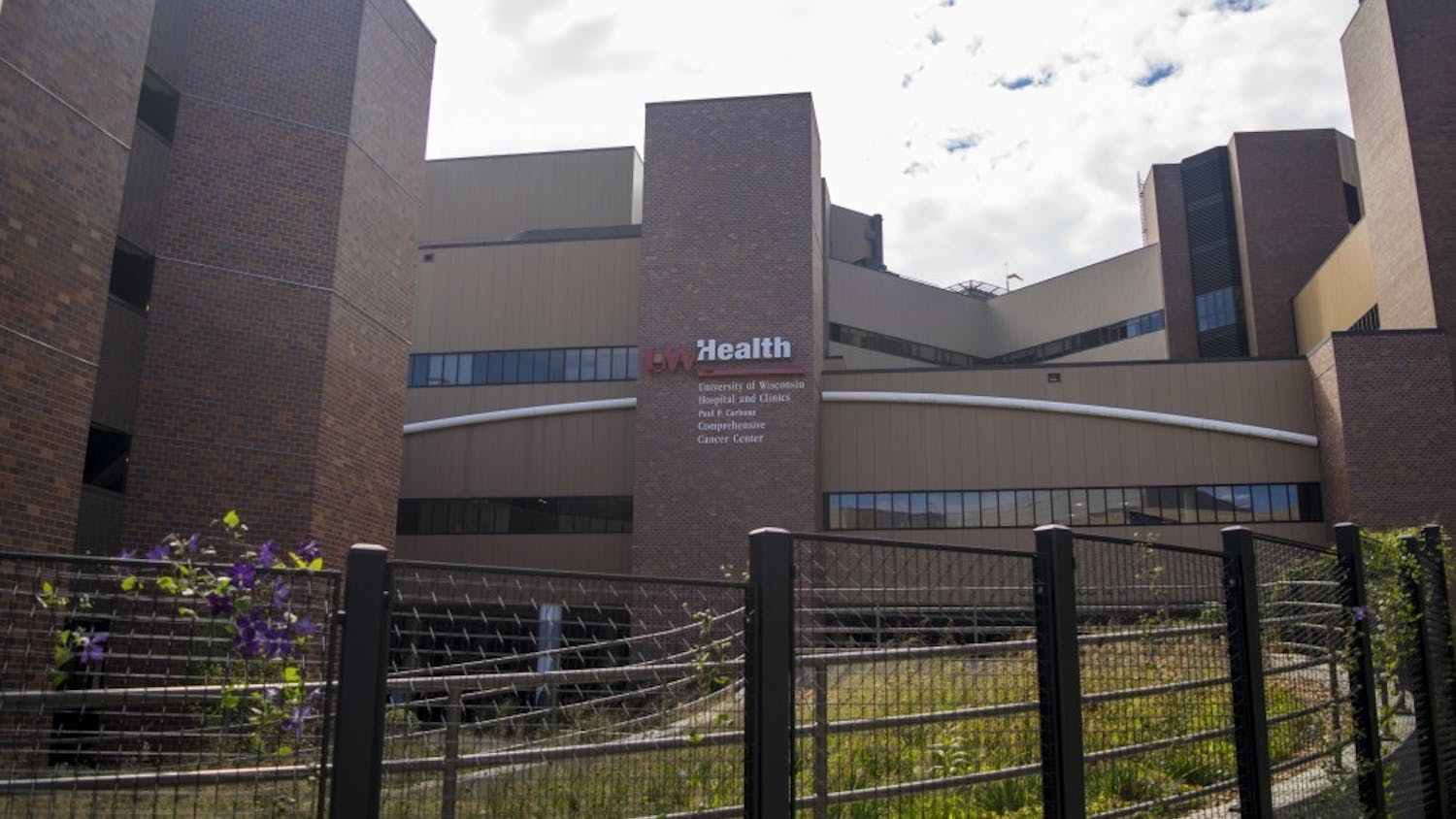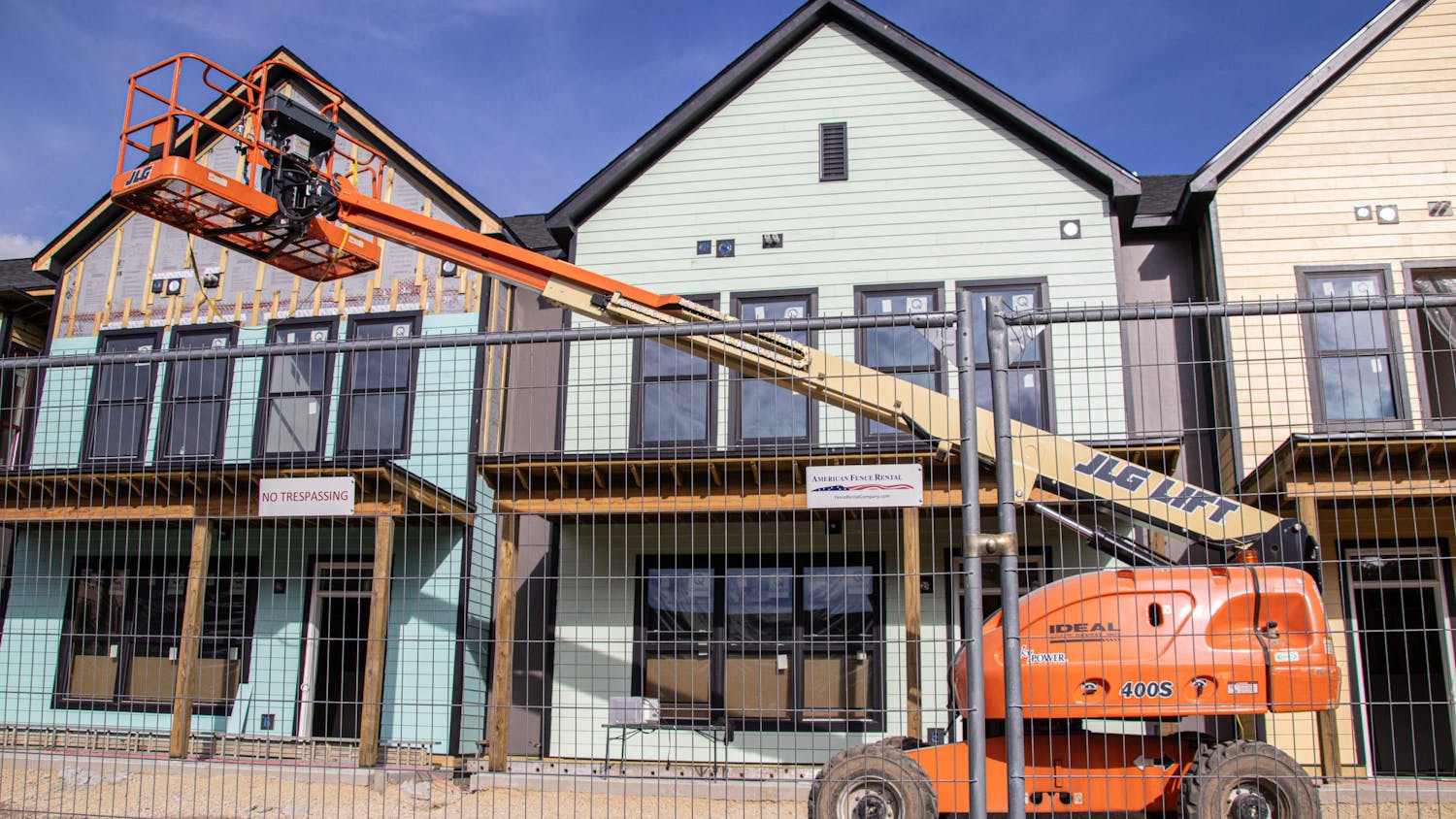The city ordinance passed July 3 banning train horns takes effect Oct. 1. The controversial measure is only the latest in a series of proposed changes to Madison's railway system.
Train noise: It's going
For years, many Madison residents have been bothered by train noise. Complaints about excessively loud train whistles and horns have prompted the Madison City Council to pass an ordinance that will ban all noise from trains (except bells at railroad crossings with gates or flashing lights). Madison currently has 78 such crossings.
Mayor Sue Bauman's office has recently received numerous e-mails from Bill Gardner, the president of Wisconsin & Southern Railroad Co.'the principal user of the railways in and around Madison'stating that his trains will not obey the new ordinance out of safety concerns.
Now, if a proposed federal mandate is passed, the city might need to spend $6 million if it wants to keep its anti-train horn ordinance intact. The money would be used to upgrade 60 railroad crossings so that motorists will no longer be able to dodge safety gates meant to keep people out of rail crossings as trains pass. This added measure would compensate for the decreased warning given to motorists by trains that aren't allowed to sound their horns.
High-speed rail: It's coming
The next item on the plate for Madison's railways is a high-speed passenger service that will run between Milwaukee and Madison. This proposed service is scheduled to premiere with six daily round trips in late 2003. The number of trips would increase to ten in 2005. Also in that year, the rail service would be extended from Madison to Minneapolis/St. Paul, cutting travel time between all locations almost in half.
In Madison, the trains will stop at the Monona Terrace Community and Convention Center and Dane County Regional Airport. The train will stop at the existing Amtrak train depot in Milwaukee.
Other proposed stops include historic train stations in Brookfield, Oconomowoc and Watertown. Because these passenger trains will travel at speeds up to 110 miles per hour, special walled-in 'corridors' will be constructed to limit access to railroad tracks along their route.
Estimated train travel times between Madison and downtown Milwaukee are as short as an hour and seven minutes, compared to approximately an hour and thirty minutes by car. An added benefit of taking the train is that the hassle of parking is no longer an issue.
Amtrak and the Wisconsin Department of Transportation are working together to implement the improvements needed to existing track and railroad crossings. The portion of railroad in Wisconsin is just one part of the 3,000-mile-long Midwest Regional Rail System improvement plan being implemented by a partnership of nine states and Amtrak.
Ticket prices for Milwaukee-Madison trains are estimated to be between $20 and $33 each way. Intermediate stops will most likely cost less than the full ride from Madison to Milwaukee.
Student opinion on the new rail corridor was divided.
'Taking a train to Minneapolis or Chicago would be great, I think,' UW-Madison sophomore Christopher Bermant said, adding he would also have to take the fares into consideration. However, other students focused on the local effects.
'It'll make it too busy,' freshman Katie Eisenhut said.
Commuter rail: Under consideration
Also underway is a study commissioned by the state of Wisconsin, Dane County and the city of Madison, with additional funding from the University of Wisconsin and the village of Shorewood, called 'Transport 2020.' The 'Alternatives Analysis,' as it is also known, was begun in 1999 as a result of a previous study that showed light rail or commuter rail as an option for the Dane County area.
The results of Transport 2020 may range from a nod toward light rail to a recommendation of continuing with current transportation plans. The study should be completed in late 2001 and cost a total of $1 million.
Students were somewhat skeptical of the plan's value, but wanted more information.
'Traffic is bad, but I don't know what a rail line would do for it,' Eisenhut said. Bermant was also unconvinced.
'I think light rail is a very interesting idea,' he said, adding that he was unsure whether it would be worth the expense.





